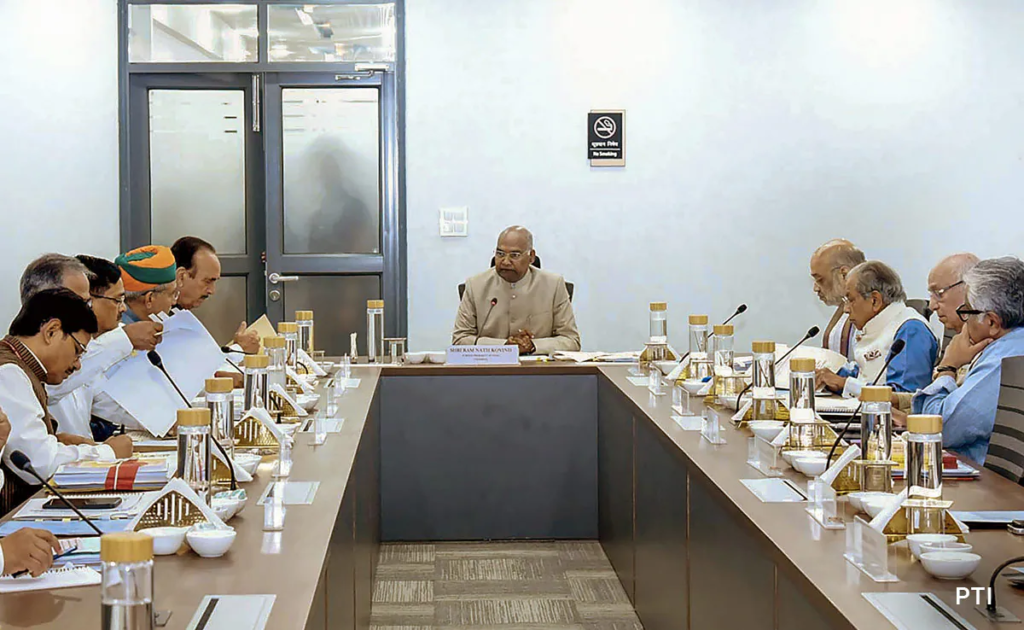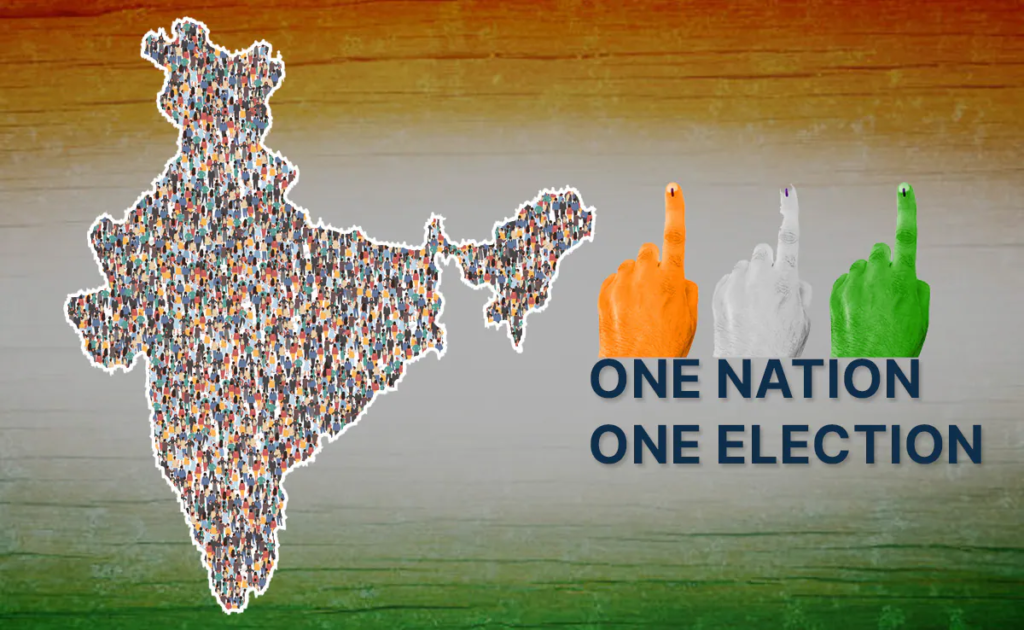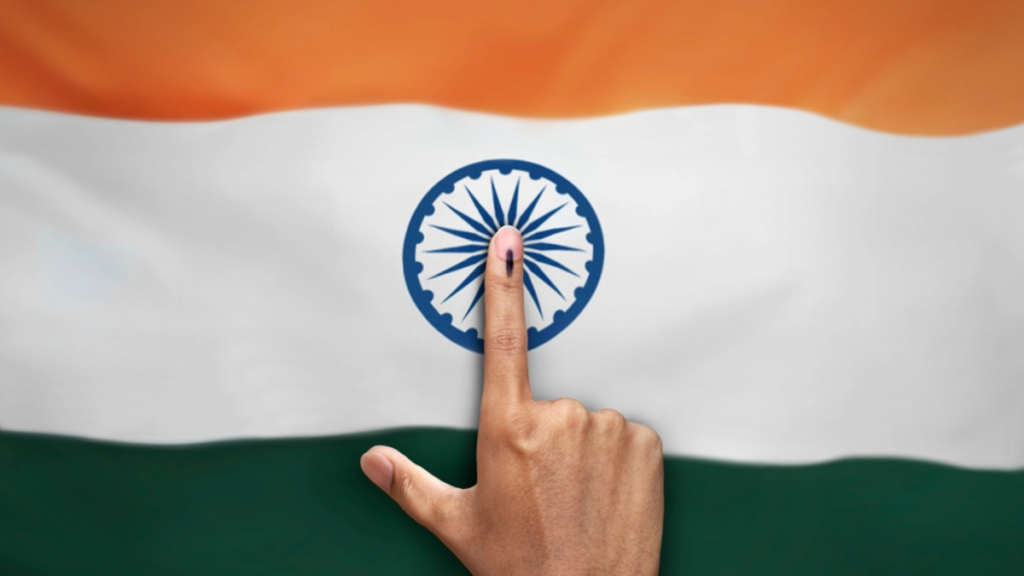Have you ever wondered how much time, money, and resources India spends on conducting elections year-round? The ‘One Nation One Election’ proposal aims to address these challenges by synchronizing elections across the country. Introduced in the Lok Sabha on 17th December 2024, this bill suggests conducting elections to the Lok Sabha and state legislative assemblies simultaneously. But what makes this idea significant?
Table of Contents
What’s the History Behind This Proposal?
Did you know that simultaneous elections were a norm in India after independence? From 1951 to 1967, general and state elections were held together. However, this changed with the premature dissolution of some assemblies in 1968 and 1969, breaking the cycle. Since then, elections have occurred frequently, leading to debates about their impact on governance.

Interestingly, simultaneous elections aren’t unique to India. Pakistan, Nepal, Sweden, and Belgium conduct synchronized polls, proving it’s a feasible model. Advocated by Narendra Modi since 2014, the proposal is seen as a way to streamline governance and reduce financial strain.
Why Was a High-Level Committee Formed?
What makes this proposal complex? The Government of India established a High-Level Committee (HLC) on 2nd September 2023 under the leadership of former President Ram Nath Kovind. Its purpose? To suggest frameworks, timeframes, and constitutional amendments necessary for simultaneous elections.

This committee includes prominent figures like Amit Shah, Ghulam Nabi Azad, and Harish Salve, reflecting the significance of this initiative. On 14th March 2024, the committee submitted an 18,000-page report to the President, recommending changes to 18 constitutional articles and proposing a new electoral cycle starting from 2029.
What Are the Key Benefits of Simultaneous Elections?
Could synchronized elections transform India? Advocates argue that they would:

- Save public money.
- Reduce the administrative and security burden.
- Ensure smooth implementation of development policies.
- Minimize disruption caused by the Model Code of Conduct during frequent elections.
What Are the Concerns Raised by the Opposition?
Is this proposal a step forward or a potential setback for democracy? Opposition parties like the Indian National Congress have raised several concerns:

- Regional parties might lose their influence in a synchronized system.
- Accountability of the government could reduce.
- A no-confidence motion might no longer be viable, disrupting checks and balances.
Critics also claim it’s an attempt to centralize power, moving towards a presidential system. The Congress leader Adhir Ranjan Chowdhury refused to participate in the HLC, calling it a “total eyewash.”
What Lies Ahead for ‘One Nation, One Election’?
Will this proposal become a reality? After the 2024 general elections, BJP’s reduced strength in the Lok Sabha and the opposition’s resistance make constitutional amendments challenging. The Modi government, however, remains committed, with the bill scheduled for discussion in the 2024 Winter session of Parliament.

The future of this ambitious idea depends on political consensus and public support. Will it bring efficiency or create new challenges? Only time will tell.
